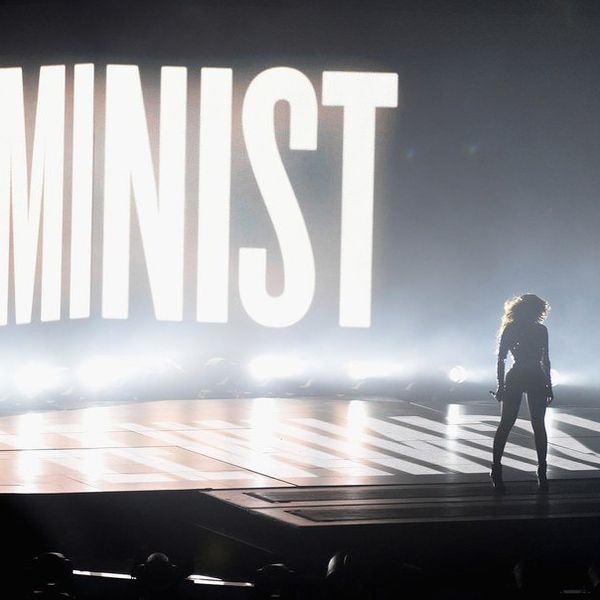There’s a term that I’ve found to be more and more prevalent when looking at what feminism means and the direction feminism going towards for the next few years. Feminism too often has only looked at the struggles of one demographic of the white, middle-class, cis-gendered, straight and healthy woman.
Intersectional feminism is the inclusive term I’ve found to be helpful when discussing women’s oppression as a whole. It was recognized and named by United States professor Kimberlé Crenshaw in 1989. It means, “The view that women experience oppression in varying configurations and in varying degrees of intensity. Cultural patterns of oppression are not only interrelated, but are bound together and influenced by the intersectional systems of society. Examples of this include race, gender, class, ability, and ethnicity.” It allows women to recognize that their struggles vary depending on where each woman stands demographically. It’s important that I recognize my struggles are not the same of every woman because I don’t face the same things as others. Let’s face it fam, people who identify as women have to support each other and we can’t properly do that without recognizing the differences. So stand up for your sisters that don’t look like you, or act like you, or live like you. The only way to take down the patriarchy is to support each other and recognize our privilege.
I am a cis-gendered woman, which means I identify with the sex I was born. So I do not understand the struggles of a transgender or binary person because I don’t face discrimination for how I identify. Therefore it is important that I support those who do face that kind of discrimination and uplift them however I can because their struggles are important too.
I am white, which means I don’t face racism. Therefore it is important I support those who do face that kind of discrimination.
I am in the middle economic class because of my parents support for me while I attend college, which means I fit the majority class and do not face the same problems and struggles of a person with less financial backings than myself. Therefore it is important that I support those who do face those struggles.
I am of able body which means I have no hindering physical problems. Therefore it is important that I support those who do have physical hindrances.
I am of a typical American ethnicity which means I am of the typically accepted cultures of the world. Therefore it is important I support those who have different cultural experiences than I.
I do not identify as straight anymore because I feel like I cannot fully identify with it. Girls are cute and so are guys. However, I am currently in a heterosexual relationship which makes me less likely to be discriminated. It is important that I voice my struggles, though they have not been great, and support those whose struggles have been greater than mine.
When I say I support these people who identify as women with different background than I, it just means I recognize their struggles even though they are different from my own, and I would like to support them as they speak for themselves. I cannot speak for people whose struggles I do not know or understand because they are not mine to speak on.
Intersectional feminism recognizes these different experiences of oppression. The problem is that certain feminists do not wish to look at anything other than main stream problems of the same kinds of women. I would like to think that feminism is bigger than the problems of one demographic of women. So check your privilege friends because it’s important to support those who have different struggles than your own. Intersectional feminism does not invalidate the struggles of any kind of person who identifies as a woman, but recognizes the differences and the issues with only seeing one side of a gender. Women are “multifaceted” beings with multifaceted problems. So support your multifaceted sisters! The patriarchy won’t fall by itself!
























